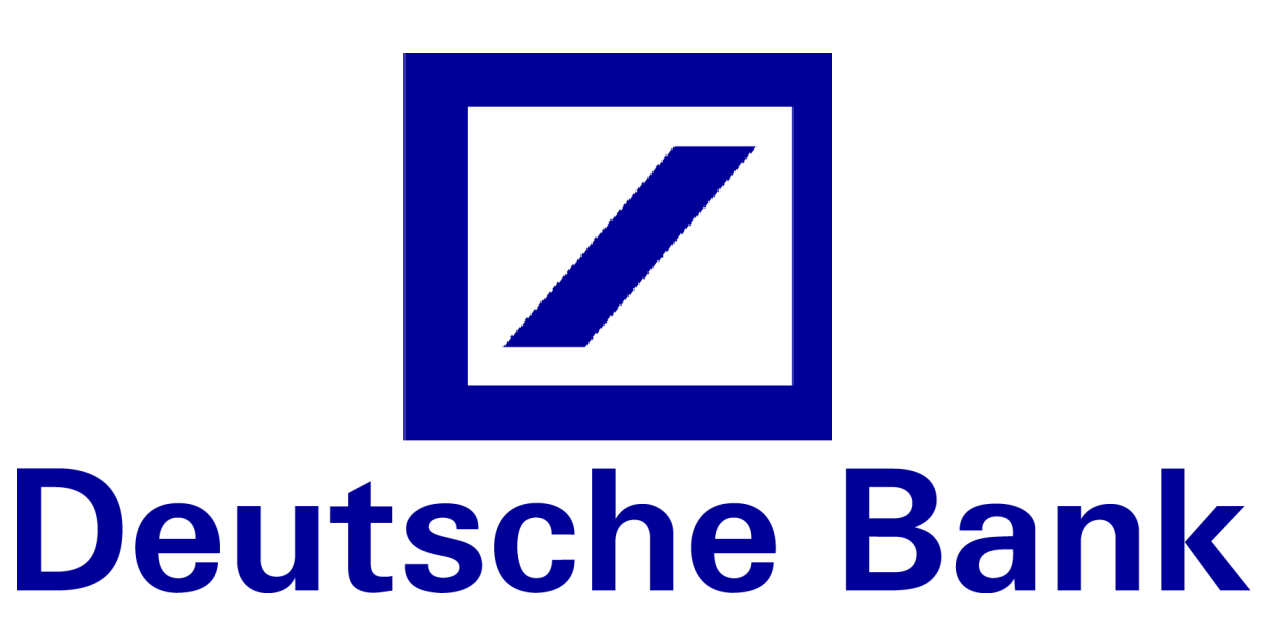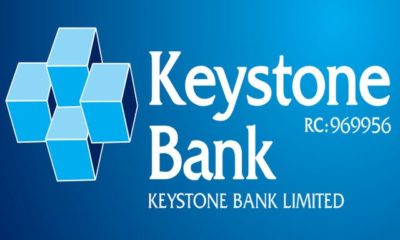Today, two major international financial institutions, Standard Chartered Bank via its innovation, fintech and ventures arm SC Ventures in Singapore, and Deutsche Bank in Germany have completed the first Universal Digital Payments Network (UDPN) proof-of-concept (PoC), executing real-time on-chain transfer and swap test transactions between USDC and EURS stablecoins on the UDPN infrastructure.
As part of this first PoC, SC Ventures set up a development environment and leveraged UDPN SDKs and APIs to create decentralized identities and linked digital currency wallets. Upon completing the onboarding process, SC Ventures initiated multiple transfers and swaps of synthetic USDC and EURS to digital currency wallets of Deutsche Bank. These transactions were signed with SC Ventures’ private key, completed in real time and visible on public EtherScan (etherscan.io). In parallel, Deutsche Bank initiated multiple transfers and swaps to SC Ventures’ digital currency accounts via a graphical user interface (UI) integrated within their dedicated UDPN environment. Both financial institutions relied on UDPN business nodes to connect to the UDPN permissioned DLT consensus network. The payment messages were executed via two transaction nodes, one supporting USDC transactions and the second transaction node supporting EURS transactions. These real-time transactions demonstrate how UDPN can execute cross-border transactions in minutes instead of days, based on a highly scalable architecture and removing the challenges of interoperability between different technologies within the digital currency environment.
The first in the series of 12 PoCs, the Digital Currency Transfer and Swap PoC was executed over a period of several weeks to display how UDPN solves the challenge of interoperability in cross-border payments. Learnings around Central Bank Digital Currency (CBDC), digital assets, key custody, compliance, and other related subjects were discussed and documented over the course of the PoC. The PoC plays a vital role in shaping the success of the UDPN and fosters greater understanding and collaboration among stakeholders. The knowledge sharing and contribution from financial institutions and technology participants will contribute to ensuring seamless functionality and performance upon the commercialization in late 2023.
Future of money
Announced in Davos during the World Economic Forum week in January, UDPN is a distributed ledger technology (DLT) underpinned messaging backbone that provides interoperability between the fast-growing number of regulated stablecoins and CBDCs to enable seamless connectivity between any business IT system and regulated digital currencies. The network was developed with contributions from global IT engineering and solutions provider GFT, decentralised cloud infrastructure company Red Date Technology, and tier 1 financial service providers. The UDPN Alliance is currently running a series of 12 PoCs with multiple global banks, technology companies, and payment service providers that allow participants to explore different use cases and scenarios.
The UDPN Alliance believes that the future of money is digital, sovereign, and regulated – but it is widely recognised that much of today’s payments infrastructure is analogue, fragmented, and expensive. Digital money will make cross-border transactions simpler, cheaper, and faster – and it is expected to become increasingly integrated with the regulated financial system as its use grows in consumer and wholesale payments. UDPN is a gateway for businesses and financial institutions to use regulated digital currencies in cross-border transactions, across a wide spectrum of use cases.
After over one year of prototype development, the UDPN sandbox environment was launched in July 2022 for participants to explore use cases around stablecoins, tokenisation, compliance, payment gateways, CBDC circulation and universal wallet integrations within a commercial and regulated environment. Today, Standard Chartered and Deutsche Bank completed PoC Use Case #1: Digital Currency Transfer and Swap on the UDPN. The series of 12 UDPN PoCs involve basic functions, such as those demonstrated in PoC Use Case #1, and more complex scenarios, such as multi-lateral CBDC transfers between different types of CBDC currency systems, showcased in POC#10: Central Bank Currency Issuing and Circulation.
Thorsten Neumann, CTO of SC Ventures.
“We are pleased to partake in the first industry pilot on the UDPN platform. This initiative brings the industry together to identify opportunities to unlock economic value in newly emerging digital currencies. Tokenized forms of currency will inevitably become a part of the new financial landscape. Financial service providers and fintechs are well-positioned to experiment with stablecoins and CBDC use-cases that benefit from the finality of on-chain transactions.”
Rafael Otero, CTO & CPO of Deutsche’s Corporate Bank division.
“For Deutsche Bank, the industry pilot on the UDPN platform is an opportunity to investigate and research how we can enable our clients to actively participate in the decentralised future global economy and benefit from applications that are built on top of the network. This is the next logical step in the development of financial transactions.”


 News3 weeks ago
News3 weeks ago
 Business3 weeks ago
Business3 weeks ago
 Technology3 weeks ago
Technology3 weeks ago
 Investment3 weeks ago
Investment3 weeks ago
 Banking Sector3 weeks ago
Banking Sector3 weeks ago
 Banking Sector3 weeks ago
Banking Sector3 weeks ago
 Appointments3 weeks ago
Appointments3 weeks ago
 Investment3 weeks ago
Investment3 weeks ago


























